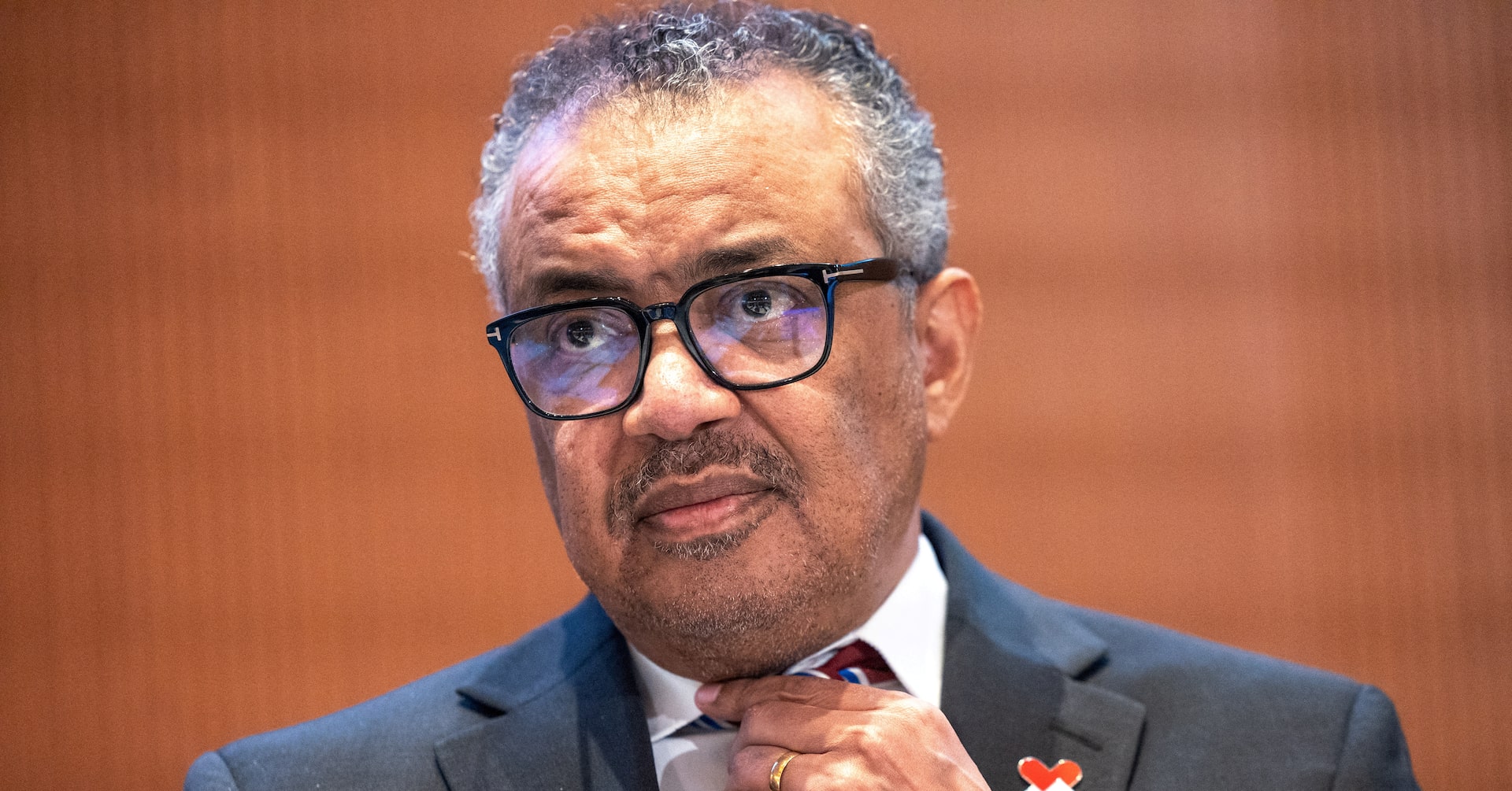Bloodshed in Sudan: WHO Leader Demands Halt to Brutal Healthcare Attacks After Deadly Drone Strike

In a passionate plea for humanitarian protection, Dr. Tedros Adhanom Ghebreyesus, the Director-General of the World Health Organization, condemned the recent devastating drone attack on a hospital in Sudan's North Darfur region. The shocking assault resulted in the tragic loss of over 70 lives and left dozens more injured, highlighting the urgent need to safeguard healthcare workers and medical facilities during times of conflict.
The WHO leader's urgent call emphasizes the critical importance of preserving medical infrastructure and protecting healthcare professionals who provide essential services in war-torn regions. Such attacks not only claim innocent lives but also severely disrupt vital medical care for vulnerable populations already struggling in challenging humanitarian conditions.
This incident underscores the growing concern about the deliberate targeting of healthcare facilities, which represents a grave violation of international humanitarian law. Dr. Ghebreyesus's statement serves as a powerful reminder of the international community's responsibility to ensure the safety and neutrality of medical personnel and institutions during armed conflicts.
